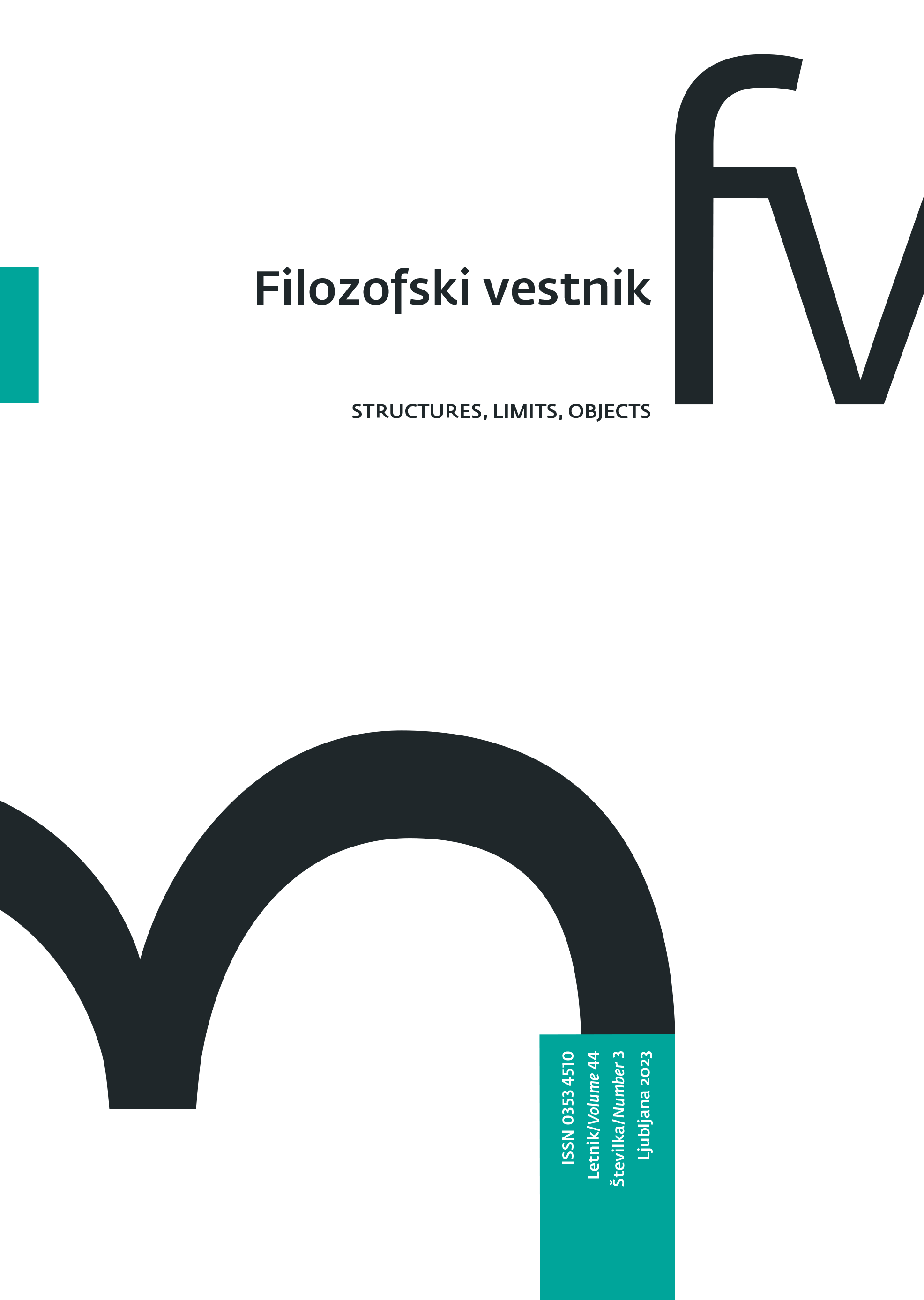Habituated to Denial
DOI:
https://doi.org/10.3986/fv.44.3.03Keywords:
climate change, climate crisis, denial, Anthropocene, Margaret Mead, consensusAbstract
The article discusses the mechanisms of climate change denial. It starts from the observation that habituation to denial is based on a process that is exactly the opposite on the content level: the process of repeated aha-experiences, i.e., sudden insights into reality of the climate crisis. In the first part, the author summarises the developments of recent years, which came to a symbolic end at COP 28 in Dubai, when the President introduced the contradictory idea that the transition to a sustainable paradigm is only possible by simultaneously maintaing the fossil fuel paradigm. In the second part, the article summarises some of the main points of what was probably the first interdisciplinary symposium on climate change, organised in 1975 by Margaret Mead. Referring to the conference’s position paper, the author first develops the basic framework for productive interaction between the social and natural sciences as Mead envisioned it and then presents the social consequences of the fact that the relationship remained institutionally disorganised—and eventually had to organise itself.
Downloads
References
Carrington, Damian, and Ben Stockton. “COP28 President Says There Is ‘No Science’ Behind Demands for Phase-Out of Fossil Fuels.” The Guardian, December 3, 2023. https://www.theguardian.com/environment/2023/dec/03/back-into-caves-cop28-president-dismisses-phase-out-of-fossil-fuels.
Cohen, Stanley. States of Denial: Knowing about Atrocities and Suffering. Cambridge: Polity, 2001.
Gaffney, Owen, and Will Steffen. “The Anthropocene Equation.” The Anthropocene Review 4, no. 1 (April 2017): 53–61.
Jaber, Ahmed al-. “COP28 | WCAS Day 2 | Energy | Dr Sultan Al Jaber’s Keynote Speech.” YouTube video, uploaded by COP28 UAE, December 3, 2023, 19:11. https://youtu.be/E3XBe96sjY8.
Lynas, Mark, Benjamin Z. Houlton, and Simon Perry. “Greater Than 99% Consensus on Human Caused Climate Change in the Peer-Reviewed Scientific Literature.” Environmental Research Letters 16, no. 11 (November 2021): 1–7. https://doi.org/10.1088/1748-9326/ac2966.
Malm, Andreas. The Progress of This Storm: Nature and Society in a Warming World. London: Verso, 2018.
Mead, Margaret. “Preface: Society and the Atmospheric Environment.” In The Atmosphere: Endangered and Endangering, edited by William W. Kellogg and Margaret Mead, xvii–xxii. London: Castle House Publications, 1980.
Norgaard, Kari Marie. Living in Denial: Climate Change, Emotions, and Everyday Life. Cambridge: MIT Press, 2001.
Scheffer, Marten. Critical Transitions in Nature and Society. Princeton: Princeton University Press, 2009.
Skaar, Øystein O., and Rolf Reber. “The Phenomenology of Aha-Experiences.” Motivation Science 6, no. 1 (March 2020): 49–60. https://doi.org/10.1037/mot0000138.
Steffen, Will, Johan Rockström, Katherine Richardson, Timothy M. Lenton, Carl Folke, Diana Liverman, Colin P. Summerhayes, Anthony D. Barnosky, et al. “Trajectories of the Earth System in the Anthropocene.” Proceedings of the National Academy of Sciences 115, no. 33 (2018): 8252–59. https://doi.org/10.1073/pnas.1810141115.
Steinberg, Meyer. “Fossil Fuel Decarbonization Technology for Mitigating Global Warming.” International Journal of Hydrogen Energy 24, no. 8 (August 1999): 771–77. https://doi.org/10.1016/S0360-3199(98)00128-1.
Thompson, J. Dana. “Summary of the First Day’s Discussion.” In The Atmosphere: Endangered and Endangering, edited by William W. Kellogg and Margaret Mead, 67–73. London: Castle House Publications, 1980.
Troha, Tadej. “The Age of H: Towards the Anthropocene Imperative.” Filozofski vestnik 39, no. 1 (2018): 121–34.
Troha, Tadej. “Fetiši antropocena.” Problemi 57, no. 1–2 (2019): 151–66.
Downloads
Published
How to Cite
Issue
Section
License
Copyright (c) 2023 Authors

This work is licensed under a Creative Commons Attribution-ShareAlike 4.0 International License.
Authors guarantee that the work is their own original creation and does not infringe any statutory or common-law copyright or any proprietary right of any third party. In case of claims by third parties, authors commit their self to defend the interests of the publisher, and shall cover any potential costs.
More in: Submission chapter





